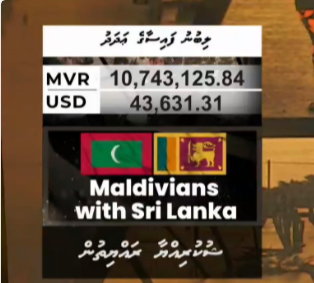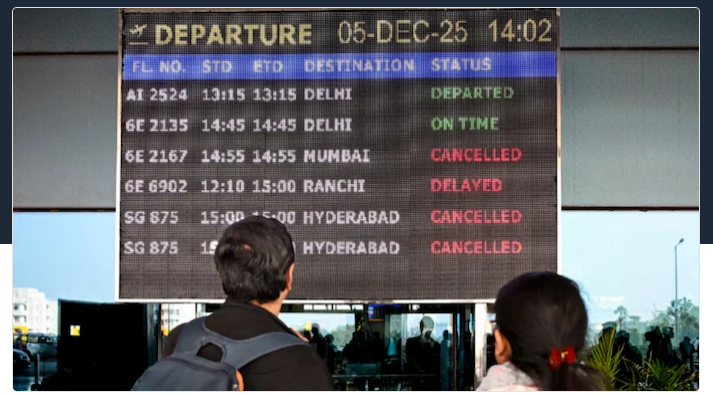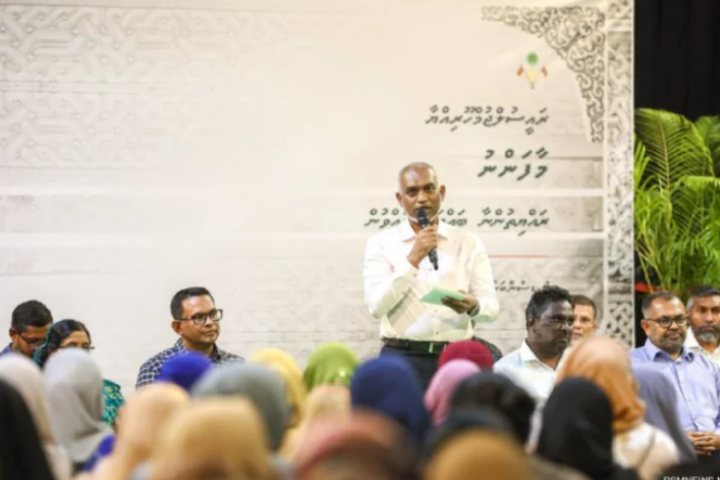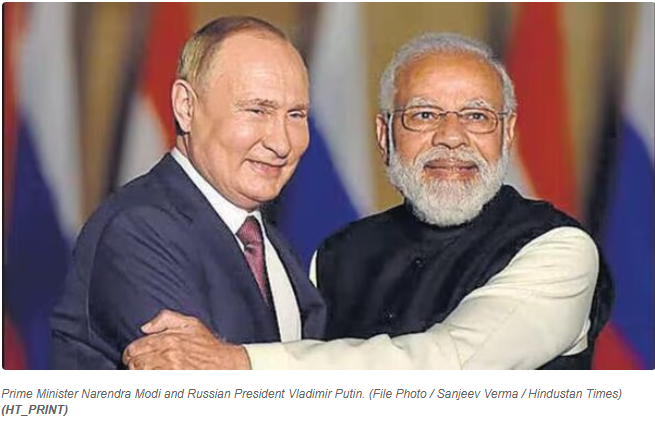MALE’, Maldives — A legislative proposal to merge the Maldives’ two media regulatory bodies has ignited concerns about press independence in this Indian Ocean archipelago, with journalists and opposition leaders warning that the consolidation could strengthen government control over news outlets.
The bill, introduced in Parliament on Wednesday by independent lawmaker Abdul Hannan Abubakr, would dissolve the Maldives Media Council and the Maldives Broadcasting Commission, replacing them with a single oversight body. Under the proposed structure, the President would appoint four of the seven commission members and select both the chairman and vice-chairman, subject to parliamentary approval.
President Mohamed Muizzu took to social media to address mounting concerns, writing that he “does not believe in controlling newspapers and media.” In a statement on X, he emphasized citizens’ rights to exercise their freedoms within constitutional bounds. “Every citizen shall have the right to do whatever he wants with his own freedom in the territory of the sovereignty of the Maldivian State as long as it does not violate the holy religion of Islam and the Constitution of the land,” the president wrote. However, critics noted that his statement did not specifically address the proposed legislation’s structure giving his office expanded powers over media regulation.
“The proposed bill paves the way for unchecked government influence over the press, undermining the role of journalists as the fourth pillar of democracy,” the opposition Maldivian Democratic Party said in a statement opposing the measure. The party highlighted provisions that would impose fines of up to 50,000 Maldivian rufiyaa (approximately $3,250) on media outlets and up to 10,000 rufiyaa on individual journalists.
The ruling People’s National Congress has not yet taken a firm stance on the legislation. Ibrahim Falaah, the party’s parliamentary group leader, said he remains undecided about supporting the bill.
Media professionals argue that the consolidation itself isn’t necessarily problematic, but rather the proposed governance structure. The Maldives Journalists Association called for a more independent framework, suggesting that at least two-thirds of the commission should consist of journalists, editors, and civil society representatives.
“The government’s takeover of media oversight functions undermines the essential watchdog role that the press plays in a democratic society,” the association said in a statement.
The Broadcasting Commission has historically wielded more influence than the Media Council, particularly in regulating electronic media outlets where substantial private investment is at stake. During former President Abdulla Yameen’s administration, the commission faced criticism for imposing heavy fines on outlets perceived as critical of the government.
The bill’s sanctions include not only monetary penalties but also the power to suspend media outlets’ licenses for repeated violations of professional conduct codes. Critics argue these provisions could be used selectively to target opposition voices.
While some observers acknowledge the potential benefits of streamlining regulatory functions, they emphasize that the implementation details will be crucial. The debate highlights ongoing tensions between government oversight and press independence in the Maldives, where media freedom has experienced both advances and setbacks since the country’s transition to democracy in 2008.
The bill is expected to undergo committee review before returning to Parliament for further debate.










